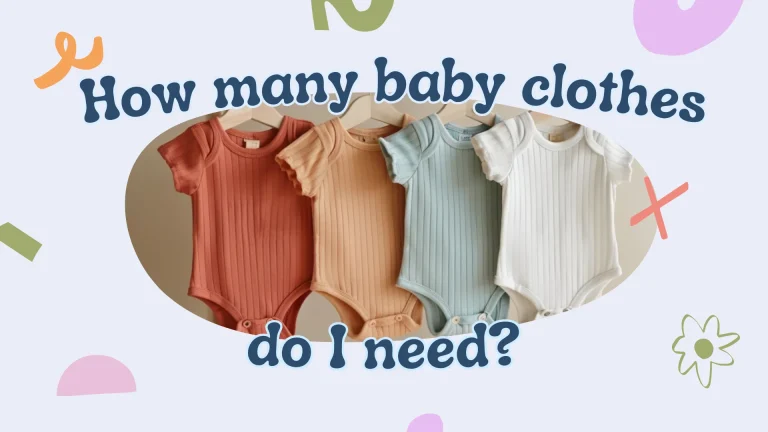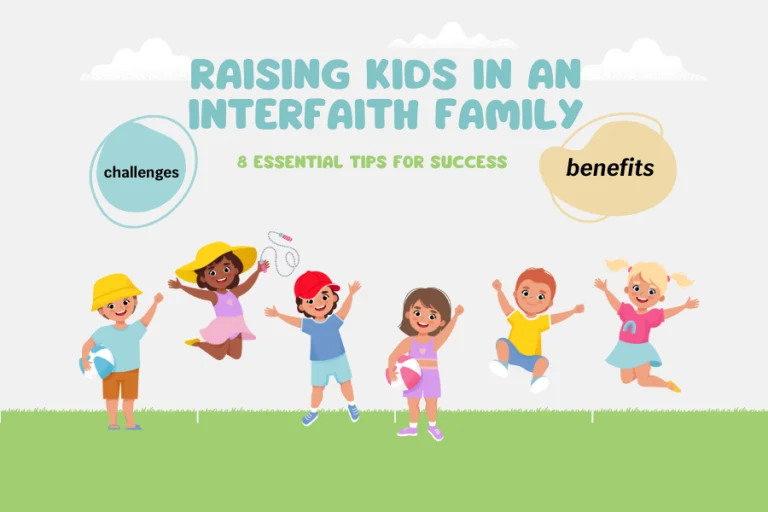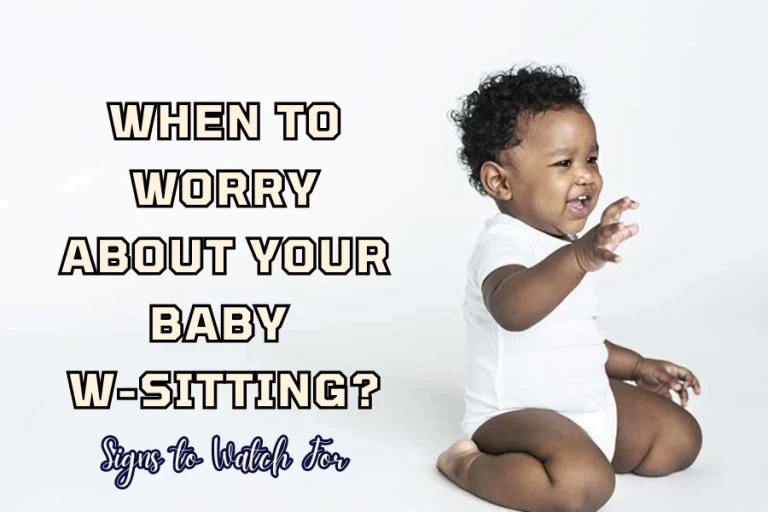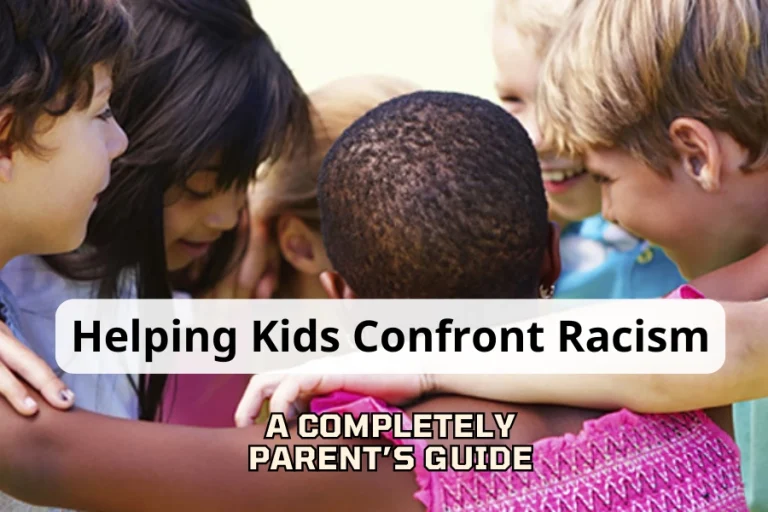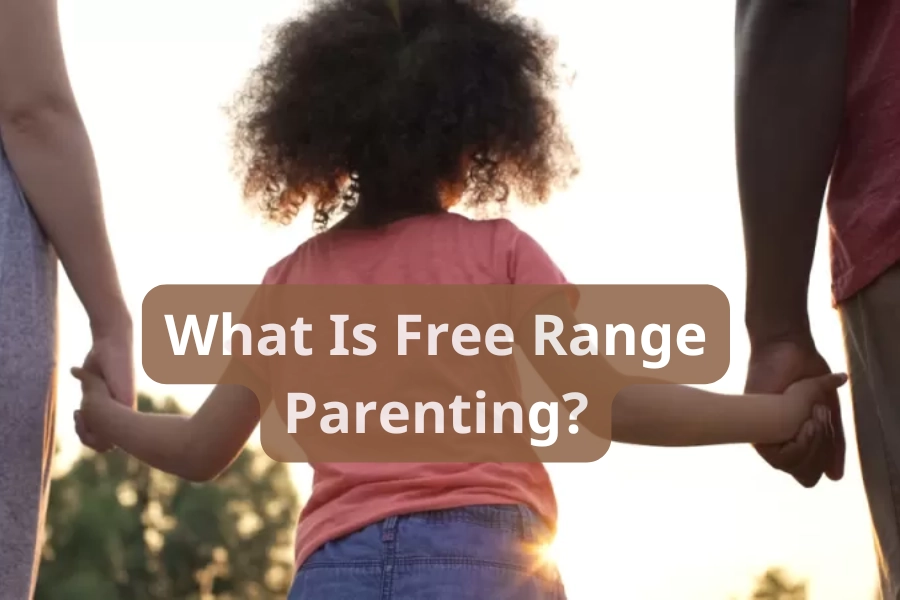
How to raise children is always an intractable problem that keeps many parents up at night. And just as our lives have become increasingly more complex, so too have the parenting styles designed to meet our modern needs. But which approach is the right one?
You perhaps have come across the term “free range parenting” as you go through methods of bringing up kids. But what is free range parenting, and is this what your family needs? Let’s go in-depth about this form of parenting with Babies Parenting. This article will help give one a better idea of what free-range parenting constitutes and how to go about making the best decision for your little one.
What is Free Range Parenting?
The origin of the phrase free range parenting dates back to around 2008 when a famous New York columnist, Lenore Skenanzy, wrote an article called “Why I Let My 9-Year-Old Ride the Subway Alone”. Although she mentioned that her son could read a subway map and provided the necessary money, the article quickly became popular and received mixed reviews that she was neglecting her children.
This article marked the emergence of free range parenting. Lenore Skenanzy initiated a new parenting movement and encouraged parents to stop being helicopter parents. She also spoke about the overprotection of kids and its aftermath, urging them to make healthy independent choices.
So what is free range parenting? In other words, free-range parenting is a kind of child-raising that gives the children independence to experience the world around them within the safety of their environment.
Free-range parenting needs to be distinguished from neglectful parenting. The concept of free-range parenting is not to abandon your children but to give them more freedom and security with which they can learn and develop through experiences.
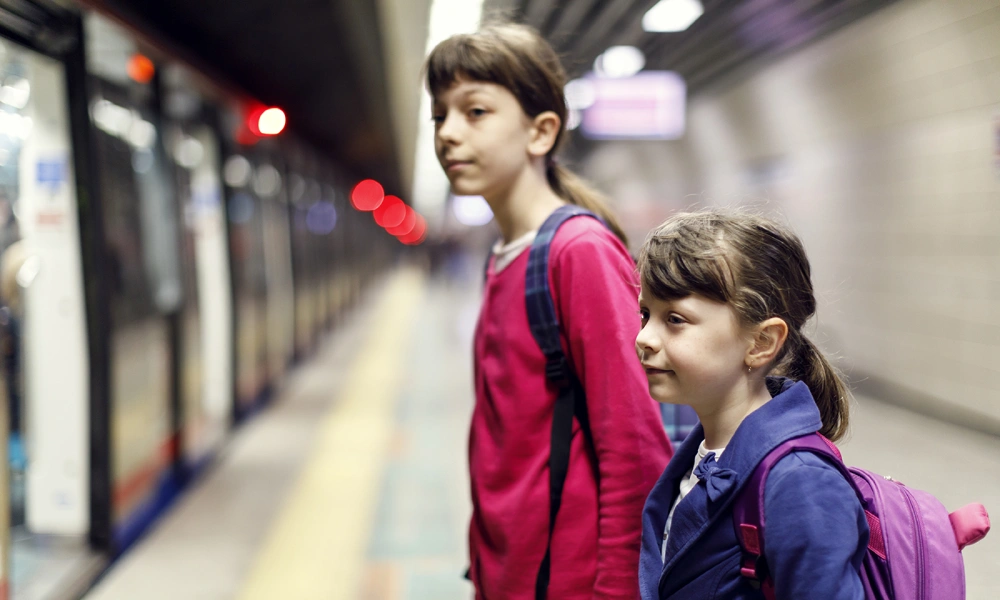
Characteristics of Free Range Parenting
To help you better understand what is free range parenting, we will learn about the unique characteristics of this style.
Children are given many activities that are not “scheduled”
Skenanzy asserts that free range parenting approach is not about neglecting your children, but about giving them the freedom and opportunity to be “real” children. Have you ever wondered how tired your child would be when rushing from piano lessons to soccer practice every day? Or how would you feel if you were their child?
You have your own answer, right? No child wants to study all day, they also want to be “free” to play. Therefore, free range parenting encourages parents to allow their children to participate in more unscheduled activities. Instead of going to a soccer practice full of adult rules, let your child freely play soccer with friends right on the playground.
Children are encouraged to play more in nature
The more the world develops, the more technology develops. Nowadays, children’s development seems to be closely linked to technology. Technology appears in children’s learning, playing, and resting. That is also the reason why children are increasingly “distant” from the real world.
Therefore, free range parenting approach encourages children to play more in nature and “disconnect” from technology. Encourage outdoor playing, instead of just sitting around and gaming or watching television all day. Without overemphasizing the risks, let your children splash in water, play in the snow, or simply play in the backyard.
Children are free and seek their independence
One of the main points you need to remember when it comes to what is free range parenting is “freedom”. Free range parenting gives children the freedom they need. It encourages them to seek independence and responsibility.
Parents allow their children to do things on their own when they can and safely do so. This helps build independence and develop problem-solving skills. Free range kids have the opportunity to try new things, learn to take responsibility for themselves and work through difficult situations.

Parents are “fearless” when raising children
As access to the media has increased, parents have become more aware of potential dangers. That is also the reason why they have become tiger parents, always wanting to protect their children as much as possible. But is there any consequence of overprotecting children?
Surely you miss the time when you were free to play with your friends and only came home when you were called for dinner. Or were you sent to the store alone with only a small amount of money? If so, give your children that freedom now. Of course, while still ensuring their safety.
Just give your children the freedom they want, but do not be too afraid of possible dangers. Instead of forbidding them to bicycle, buckle on a helmet and watch when they ride.
Advantages and Disadvantages of Free Range Parenting
Like any parenting style, free range parenting approach has its strengths and weaknesses. Now that we know what free range parenting is, let’s take a closer look at the potential benefits and challenges of this style.
Benefits of Free Range Parenting
Develop problem-solving skills: Free range kids will experience and make their own choices in difficult situations without their parents. This will encourage their independence, problem-solving ability, and responsibility.
Increase self-confidence: Children raised under free range parenting have the opportunity to explore the world and solve problems without their parents. Therefore, they will be more confident in their own abilities.
Improve social skills: Free range parenting allows children to freely interact more. Children can interact, make friends with more people, and approach social situations more easily. They will not be too worried or afraid when facing a new world without their parents around.
Promote creativity: Free range parenting allows children to have their own space to think and come up with their own solutions. This will help promote creativity, learn to innovate, not be afraid to experiment, and develop curiosity. Free range kids will not be afraid of failure, they will want to go beyond the box and nurture their creativity.
Disadvantages of Free Range Parenting
However, when it comes to what is free range parenting, there are also some disadvantages that you need to be concerned about:
Increased potential risks: Because free range parenting encourages unsupervised freedom of parents, it can potentially pose some harmful risks. Although not supervising comes from the aspect of wanting children to learn freely, it is also inevitable that there will be “backfire effects”.
Potential violations and government intervention: There is no specific regulation or age for applying free range parenting. You may have to face charges of child neglect if you let your child walk to school alone or go shopping by himself. Therefore, when applying free range parenting, consider the laws of the state where you live. And make sure your child is safe if doing activities alone.
Judgment from others: New York columnist Lenore Skenanzy was called “the worst mother in America” when she let her 9-year-old son ride the subway alone. Free range parenting parents could also encounter comparable criticism. Since each parent has their own opinion, not everyone “agrees” with free range parenting.
The modern world is not as safe as it used to be: This is one of the biggest potential risks when it comes to what is free range parenting. The world today has more potential dangers than before, so make sure your child is safe while practicing free range parenting!
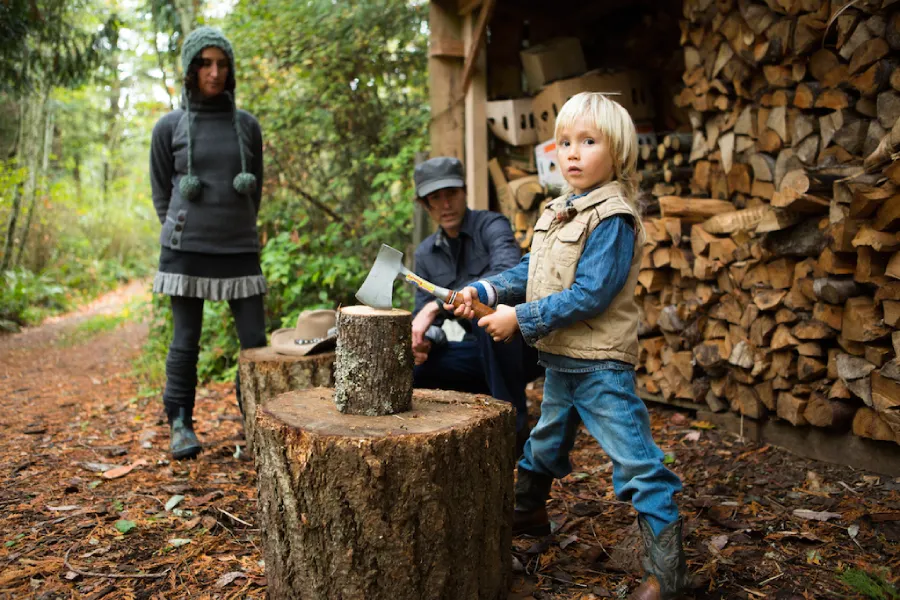
Free Range Parenting Vs. Other Parenting Styles
Below, Babies Parent will discuss free range parenting to the other parenting styles for you to have a clearer view. Babies Parent experts will compare free range parenting with four popular parenting styles: Authoritative, Authoritarian, Permissive, Uninvolved/Neglectful. These are the four popular styles mentioned in the research of psychologist Diana Baumrind, PhD, of the University of California at Berkeley1.
Free Range Parenting Vs. Authoritative Parenting
Authoritative parents raise their children within appropriate boundaries and guidelines. There may be some activities that free range parenting encourages children to do alone that authoritative parents would not approve of. For example, instead of letting children ride the subway alone like free range parenting, authoritative parents would replace it with a safer experience within boundaries.
Free Range Parenting Vs. Authoritarian Parenting
If we ask which type of parenting is considered the opposite of free-range parenting, then one answer would certainly be authoritarian parenting. Authoritarian parenting is a type of tiger parenting; it sets strict rules and hard punishments when children do not act accordingly. Such parents often do not allow their children any freedom but want to control all their children’s behavior. Meanwhile, free range parenting wants to give children the freedom to experience fewer rules or punishments.

Free Range Parenting Vs. Permissive Parenting
Permissive parent is a type of parenting that does not interfere and does not set any rules for their children. A typical type of parenting style for permissive parenting is jellyfish parenting, where parents will try to meet all the demands of their children without limits. Although free range parenting also allows children more freedom, it does not mean that there are no limits or rules. Free range parenting will allow children to freely explore within certain limits to ensure their safety.
Free Range Parenting Vs. Uninvolved/Neglectful Parenting
When it comes to what is free range parenting, many people confuse this parenting style with Uninvolved/Neglectful Parenting. However, free range is not uninvolved or neglectful. Parents that frequently reject and distance themselves from their children are exhibiting uninvolved or negligent parenting. Free range parenting still fulfills the role of parents well, providing a safe environment for children to experience and listen to their needs.
Is Free Range Parenting Right for Your Family?
Not only what is free range parenting, many parents also wonder if this method is suitable for their family? There is no method that is perfect for every family.
Which parenting method is suitable depends entirely on the family. Free range parenting is the ideal suggestion if your child is an independent child or old enough to understand the rules. In contrast, it is not for you if he struggles to do things on his own or you just cannot bear leaving him alone.
Safety and the needs of one’s child should guide every parenting method one chooses to adopt. The free range parenting method does not imply giving your child full freedom, though with no supervision. It is rather finding the balance between giving your child the privilege to explore the world and keeping them safe from injury. Combining these free range parenting principles with traditional parenting methods helps a parent build an ideal parenting environment for the kids.

Final Word
By now, you should have a clearer understanding of what is free range parenting. Free range parenting offers many potential benefits for a child’s development but also comes with certain challenges. The big question is: How much freedom is too much? The answer, of course, depends on each family. That’s what makes parenting such an adventure!
Ultimately, the choice of how to raise a child is entirely up to each family. Free-range parenting is just one of many options, and no method is perfect for everyone. Therefore, listen and understand your child to create the most suitable parenting environment.
Source
- Baumrind, D. (1991). Parenting styles and adolescent development: A decade of findings. In J. E. Grusec & L. Kuczynski (Eds.), Parenting and children’s social development. ↩︎

